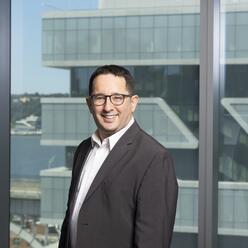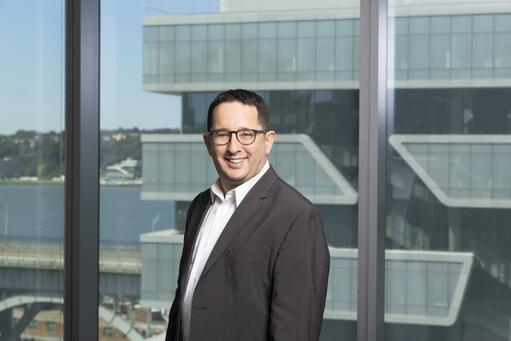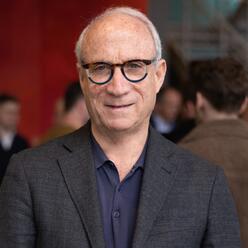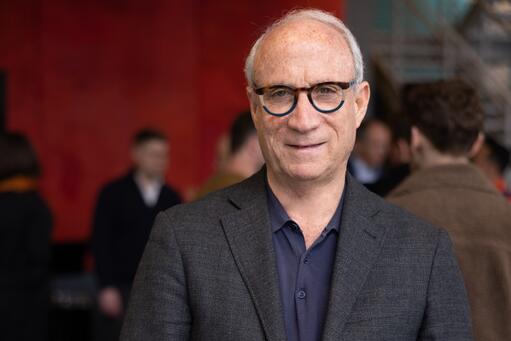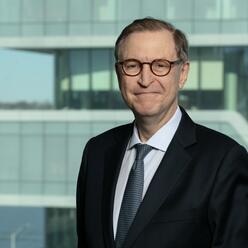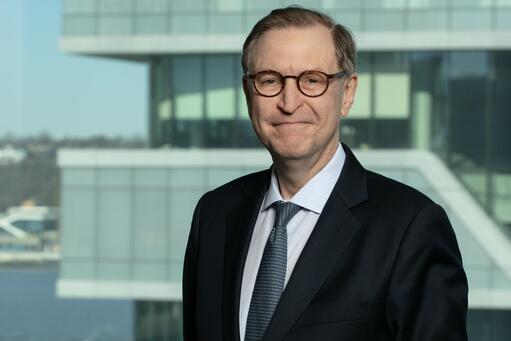As corporate leaders around the world face unprecedented challenges, many are learning that the old ways of doing business no longer match the demands of today.
Whereas in the past company executives may have felt their obligations to society were primarily to serve customers or shareholders, in recent years greater emphasis has been placed on a larger range of corporate stakeholders, including employees, suppliers, and society at large.
Modern leaders must also find ways to address environmental concerns, manage their company’s social impact, and foster ethical behavior in their businesses to build public confidence and trust.
It’s why the role that businesses play in society features prominently in many MBA programs and is at the top of just about every chief executive and company board agenda right now.
The Hub, Columbia Business School’s new think tank, aims to tackle the most pressing challenges facing society. Launched today, the new initiative is centered in the belief that solving the most vexing questions requires the collaboration of multiple stakeholders.
“The idea is to bring together scholars, policymakers and business leaders to address major issues now facing the business world, as well as society,” says Columbia Business School’s Vice Dean for Research and Arthur J. Samberg Professor of Business Oded Netzer. Those issues include the future of capitalism, the risks to democracies today, and how businesses can innovate effectively, he adds.
The aim is to equip current and future business leaders with the tools necessary to bring about positive change, he says, through research, events, curriculum, and community.
Mechanism for Sharing Thought Leadership
Housed on Columbia Business School’s new state-of-the-art campus in Manhattanville, The Hub will be a center of activity featuring seminars, luncheons, and broader audience events. It will be a home for visiting scholars, business leaders, and policymakers to engage with the school’s community and a mechanism for sharing our thought leadership with the world.
Every two years, the Dean in consultation with faculty and key stakeholders, will identify a theme to serve as the Hub’s focus for the subsequent period. The inaugural theme will be Business and Society.
The Hub will center its Business and Society work across numerous initiatives, starting with the following three:
Future of Capitalism
What is capitalism and what should it look like moving forward? As high inflation continues and recession fears abound, there is great concern that the working class will be left further behind as the top 1 percent continues to accrue wealth – which begs the question, is capitalism working for all of us? To answer this question, Dean Emeritus and Russell L. Carson Professor of Finance and Economics Glenn Hubbardwill convene business professionals, philanthropic leaders, academics, and journalists to consider whether our current systems for generating innovation and prosperity are still the right ones, and what roles business and government should play in a modern, late-stage capitalist economy.
Business, AI and Democracy (BAID)
Are democracies living in a moment of crisis? Today, 72 percent of Americans believe democracy is under threat, due in part to the misinformation and hyper-partisan discourse dominating social media platforms. Business, AI, and Democracy (BAID), which will be overseen by Sanford C. Bernstein & Co. Professor of Leadership and Ethics Bruce Kogut, will explore the impact of social and traditional media, government regulation, misinformation, and new and emerging technologies on democracy. Through academic-quality studies, advocacy, and events, BAID will lead the discussion around the strength of democracies today.
Think Bigger Innovations
Are businesses innovating effectively? The Think Bigger Innovations initiative will address the lack of success in corporate entrepreneurship and particularly around innovations with societal benefits. Led by S.T. Lee Professor of Business Sheena Iyengar, Think Bigger will connect innovators across various industries with global executives, corporate board members, private equity leadership, and selected academics to learn the processes and strategies companies have implemented to make innovation successful and attainable.
Read more about The Hub.
